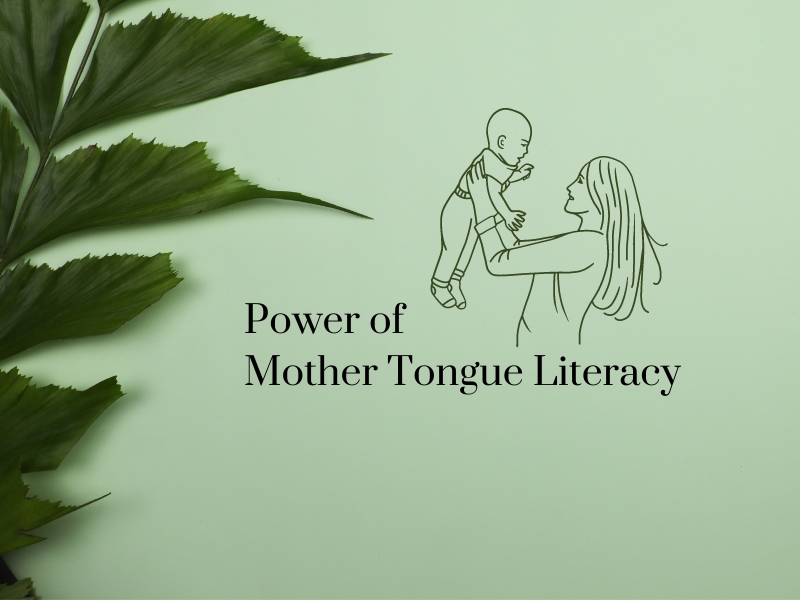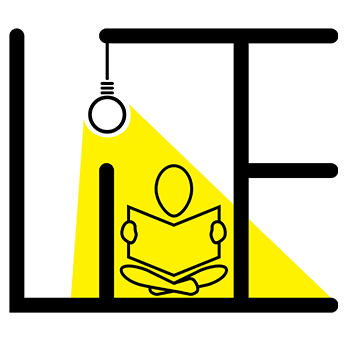Language is more than just a means of communication. It is the essence of culture and identity. Embracing mother tongue literacy allows individuals to connect with their roots, fostering a deep sense of belonging and pride. When children are taught in their native language, their learning experience becomes more engaging and effective. By promoting mother tongue literacy, we empower individuals to unlock their full potential and bridge the gap between tradition and modernity. Let’s explore the transformative power of mother tongue literacy and its far-reaching impact on individuals, communities, and society.
Enhancing Cultural Identity
Mother tongue literacy connects individuals with their heritage, preserving cultural practices, values, and traditions. Through the written word, ancestral knowledge and stories are passed down, ensuring that cultural legacies are upheld and celebrated. Nowadays, the effects of modern culture influence young minds easily. People, especially youth consider traditions as a negative thing. Language has a great role in preserving the culture. Love for the mother tongue is like love for culture and traditions.
Facilitating Seamless Learning
No matter how many languages you learn in your life journey, you think in your mother tongue. That’s where it became the key to knowledge. Learning in one’s mother tongue promotes better understanding and comprehension, as concepts are presented in a familiar language. This seamless learning experience lays a strong foundation for further educational pursuits and encourages a lifelong love for learning.
Empowering Community Participation
Mother tongue literacy empowers individuals to actively participate in their communities. It facilitates effective communication, promotes civic engagement, and enables individuals to contribute their ideas, perspectives, and talents to community development initiatives.
Boosting Cognitive Development
Studies have shown that learning in one’s mother tongue enhances cognitive development, including critical thinking, problem-solving, and creativity. Our mother tongue shapes our thoughts, regardless of the number of languages we have learned. Teaching children in their most familiar language enhances their academic success and fosters the development of vital life skills.
Fostering Inclusive Education
Mother tongue literacy is a key component of inclusive education, ensuring that children from diverse linguistic backgrounds have equal access to quality education. By embracing the diversity of languages, we create inclusive learning environments that respect and value every child’s unique linguistic and cultural heritage. This can be contradictory to formal learning practices. But learning from a wider perspective can bring us to the true concept of unity in diversity.
Preserving Endangered Languages
Mother tongue literacy plays a vital role in preserving endangered languages. By promoting literacy in these languages, we protect linguistic diversity, safeguard cultural heritage, and contribute to the overall richness of the global linguistic tapestry.
Bridging Generational Divides
Mother tongue literacy helps bridge the generational gap by enabling older generations to pass down their wisdom and knowledge to younger ones. It creates meaningful connections between different age groups and fosters intergenerational understanding and respect.
Conclusion
In conclusion, the power of the mother tongue is undeniable. By recognizing and promoting the value of languages spoken within communities, we embrace cultural diversity, enhance educational experiences, and empower individuals to reach their full potential. Let us celebrate and support mother tongue literacy as a force that connects us to our roots while propelling us towards a brighter future.

